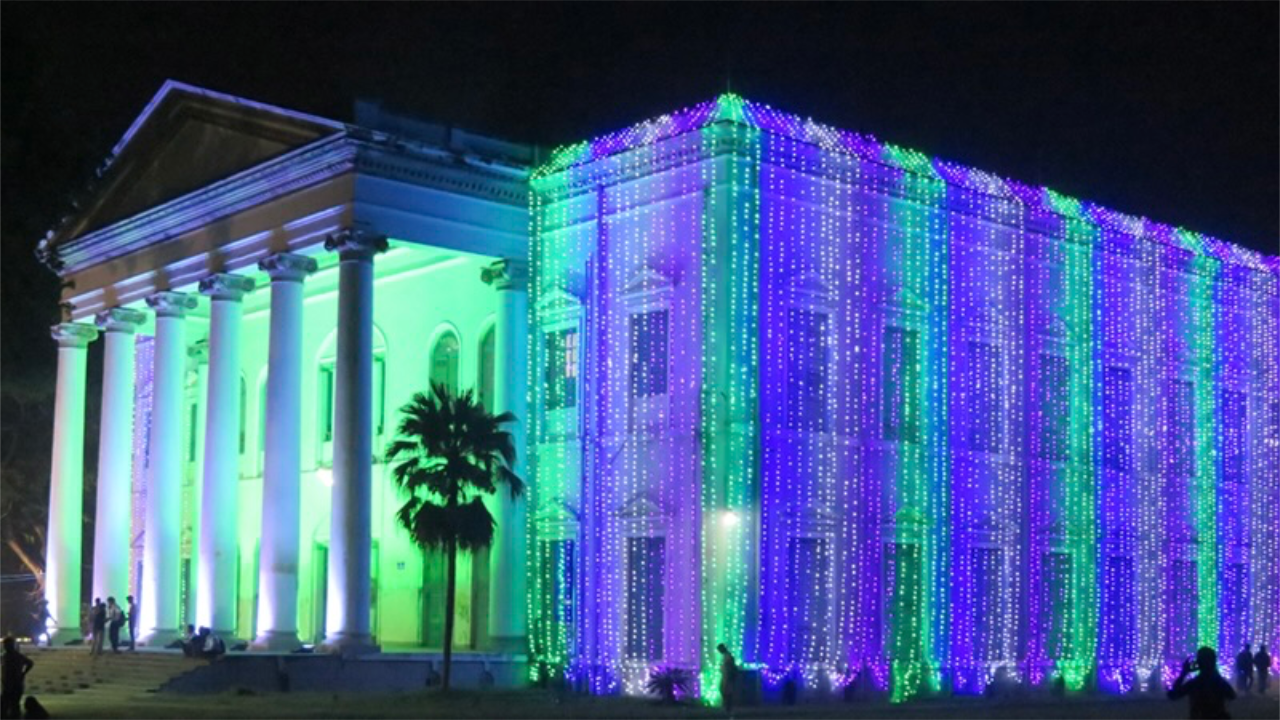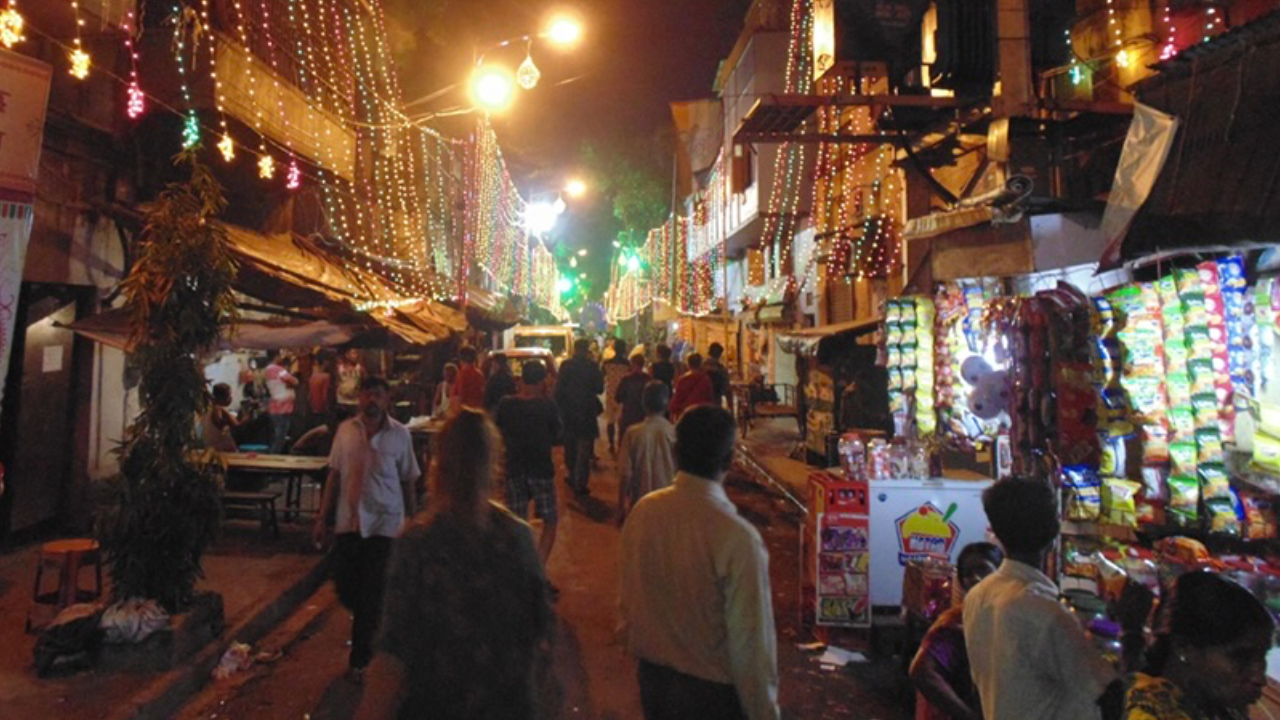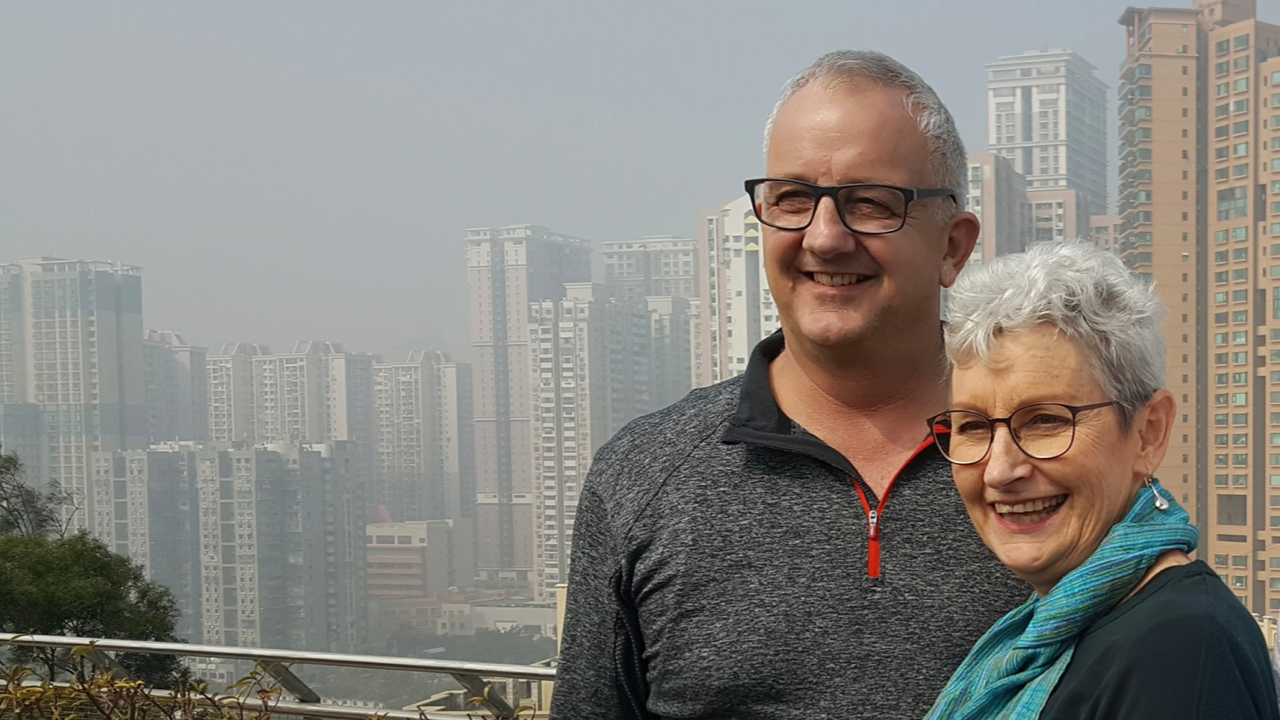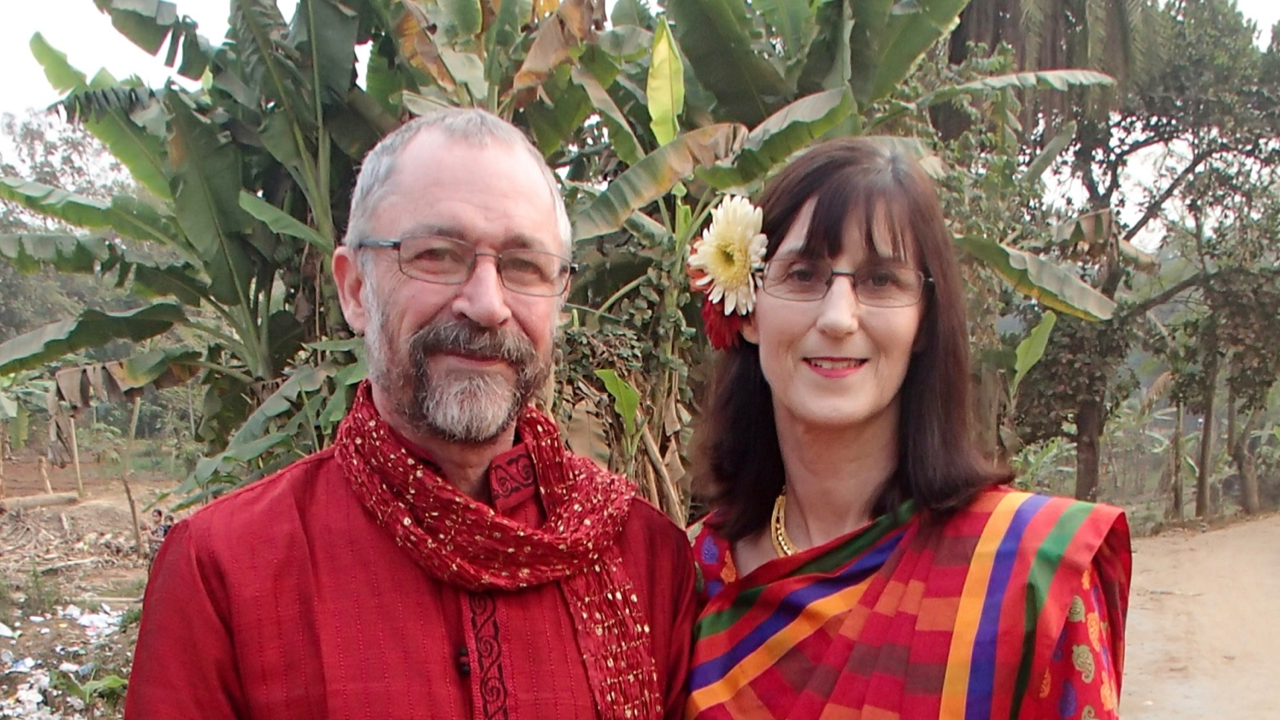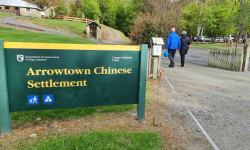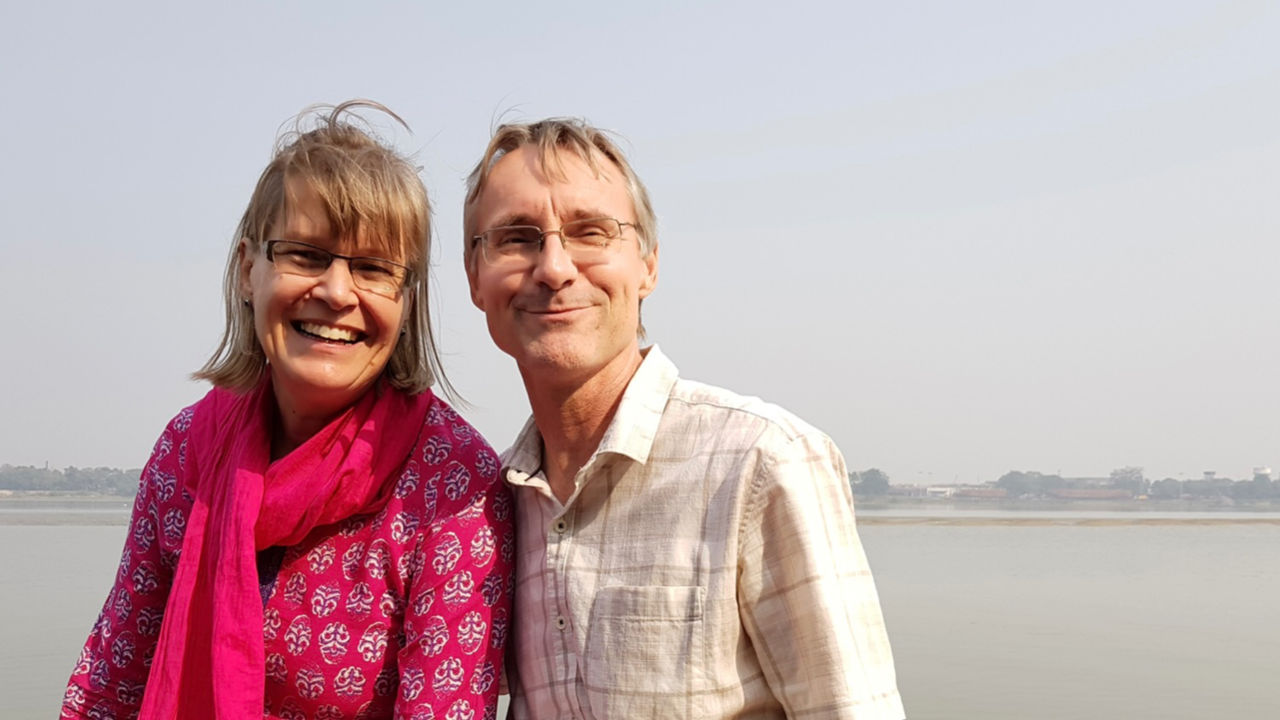
Christmas is so much a part of New Zealand and most other Western cultures that it’s difficult to imagine December 25th passing without being surrounded by family, eating way too much, and enjoying a public holiday. We asked some of our Tranzsend folk to share a little of what Christmas is like where they are.
For believers, Christmas is a joyous time of year. Churches are decorated with lights, tinsel, and stars—sometimes even a nativity scene. Where we live, however, there are many religious festivals throughout the year. So, the majority of people will see all this as just another one without fully understanding its meaning. They will see the lights and festivities and use Christmas as a reason to party. Believers, however, will use it as an opportunity to go out on the streets and sing carols.
Every Christmas, on the rooftop of Love Calcutta Arts, we have a grand celebration with Priya and staff. At the Serampore College, we have a presentation of carols from all the different represented states of this nation. Afterwards, we will join with students and staff for a dinner, which is held sitting at long tables in the garden, before visiting friends at their homes.
The transformation that has occurred in the lives of some of the women in our freedom businesses is huge. With our first Christmas only one woman knew what Christmas meant. Now, when we celebrate, many women have experienced the New Life so they put together a very moving dance. The new-found joy radiating from their faces, makes me humbly give thanks to God for the opportunity he gave for us to work here.
From Peter and Leonora in South Asia
There is no Christmas holiday where we are; nor is it a time of gift giving or family get-togethers—that all happens at New Year. While a few of the Catholic churches will erect nativity scenes, any Christmas decorations placed around public areas will be Santas, rabbits, reindeer and the like.
Of course, for Christians it remains a time of celebration. We will join the local Anglican congregation for a Christmas service. Then we will invite folk from our Oasis church who are staying here over Christmas back to our home. Each person or family will bring food from their country of origin; we will provide New Zealand roast lamb, roast vegetables and, of course, pavlova. Because our church is made up of people from all over the world, one of the evening’s highlights will be talking about our various family Christmas traditions.
From Neil and Barb in East Asia
Because Christmas Day is not a public holiday, everyone goes to work and life continues as normal. Shopping malls put up big Christmas trees and decorations—it feels strange seeing snowmen and other winter things when it’s really hot outside—but that is more about getting people to buy stuff than it is about Jesus. As Christians, it feels funny that believers must go to work on Christmas Day, but they will often get together in the evening for a service or an evangelistic outreach.
We still celebrate, though. In our family we do advent countdown and the Jesse tree throughout December, and light a candle every Sunday. At school, we are doing a Christmas play, although it’s actually about a trip to the North Pole. On Christmas Day, we spend lots of time on Skype talking to our family back in New Zealand. We open presents, we eat yummy food and have other members of the Tranzsend team over for a meal.
On Christmas Day, there is a combined church service that we attend. We also bake cookies and give small gifts to friends and neighbours to say Merry Christmas. What’s really cool is that sometimes we get invited to schools to talk about the true meaning of Christmas.
From Noah, Miles and Theo in South East Asia
In our region, the real celebrations are the two Eids, which fall in June and August. It is these religious times that most people focus on. For the relatively small number of Christians, Christmas is important but it is not easy to celebrate openly. Christmas Day is, however, a national holiday so there is some opportunity to quietly observe it. Amongst the city folk we lived with, most would endeavour to travel back to their home village for Christmas.
Christmas is becoming more evident but, like in many Western cultures, it is becoming increasingly commercially‑orientated, rather than a religious event. Christmas cards are available but tend to be very secular—an open promotion of the real message of Christmas would not be allowed. All in all, it is a very sterile version of a New Zealand Christmas.
From Gary and Heather who have just completed a period of working in South Asia
